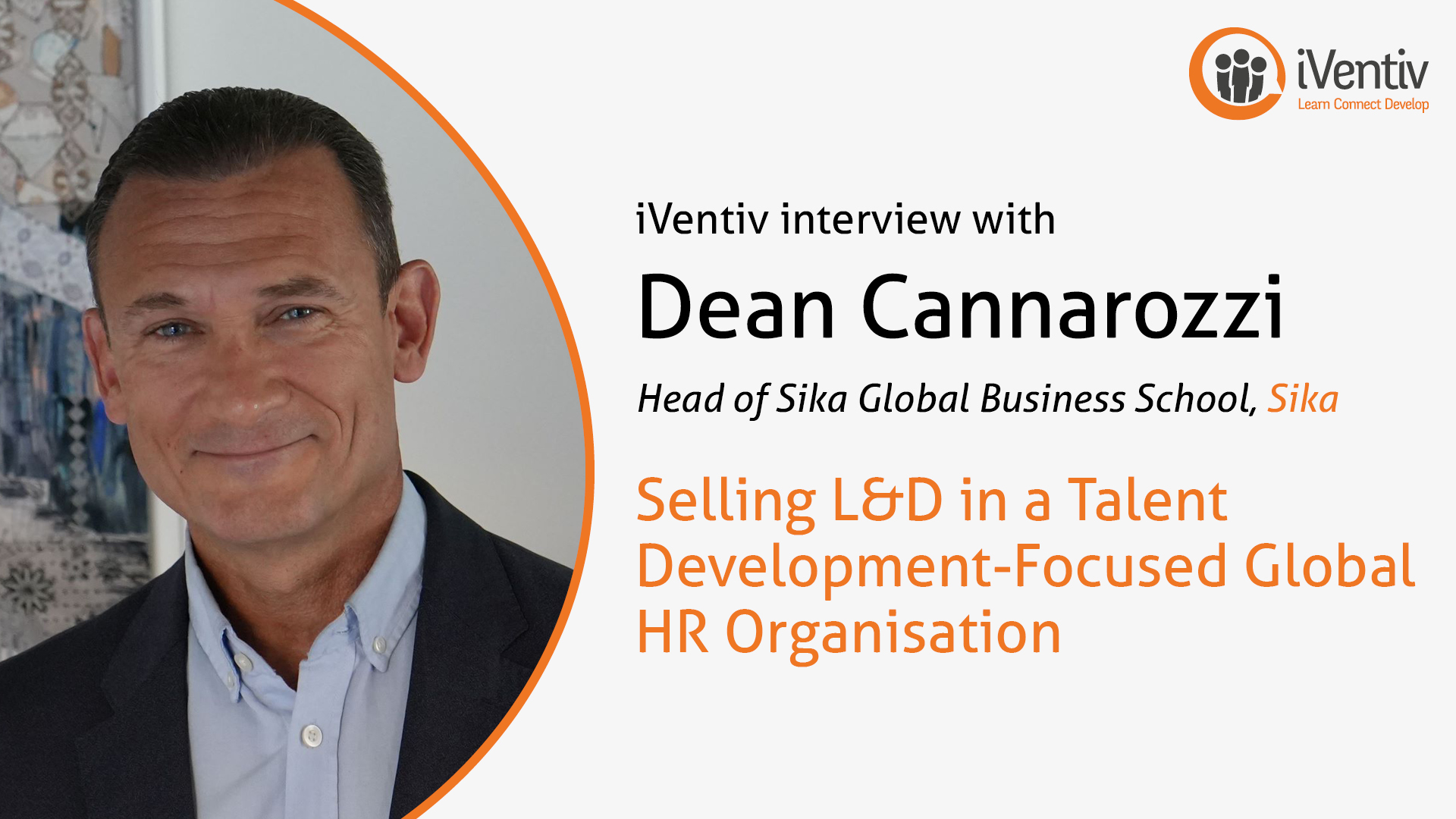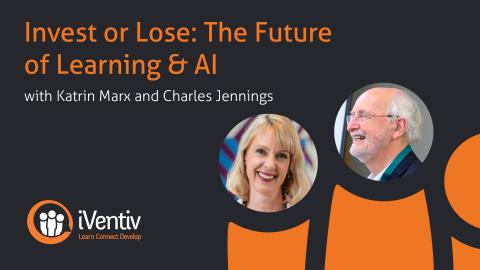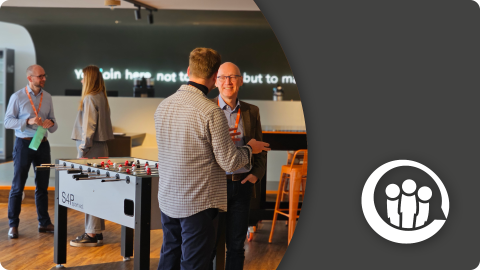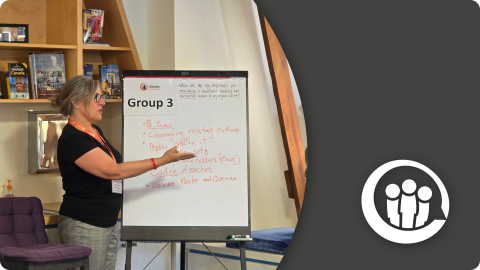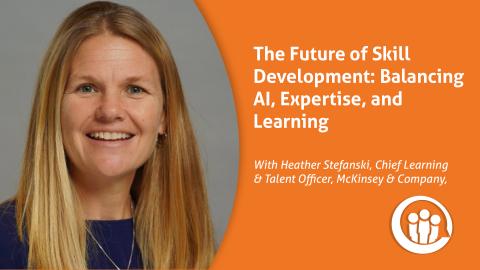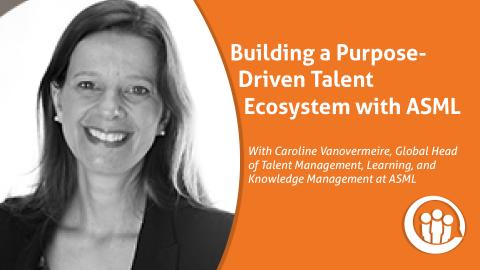Submitted by networkadmin on
In this interview with iVentiv ahead of his session at Learning Futures London in March 2024, Dean Cannarozzi, Head of Sika Global Business School, spoke about his work to reposition Learning and Development (L&D) within Sika as an organisation that has traditionally focused primarily on Talent Development.
The Sika Business School manages a range of learning and talent programmes for Sika, often branded with "leadership" in their titles, which are central to the development of the company's General Managers (GMs), who typically have participated in these programs themselves.
However, Dean highlights a concern: while these talent programs are highly regarded and impactful for those who participate (about 2% of the organisation), there is an underlying issue regarding the engagement and development of the remaining 98% of the workforce.
Dean’s goal? To address this disparity and explore solutions for broader employee development.
Is it time for businesses to democratise talent development, move away from HiPos vs NoPos, and think about learning and skills development for all?
The trend towards democratising talent development within organisations is a topic that Dean is eager to address, and mentions moving beyond the traditional dichotomy of high potentials (HiPos) versus the rest, sometimes humorously referred to as "No potentials" (NoPos).
This distinction, previously highlighted at last year's Executive Development Utrecht by Prof. Nick van Dam, has sparked conversations about making Talent Development programs accessible to all employees, not just a select few.
When it comes to the notion of broadening access to Learning and Development opportunities, Dean is in agreement, pointing out the contradiction in organisations striving to become 'employers of choice' while neglecting the development needs of the majority of their workforce.
He argues that true 'employers of choice' are those that consider the holistic development of their entire staff, recognising that, while it's unrealistic to provide personalised training for every individual, a more inclusive approach to career and skills development can significantly contribute to an organisation's appeal to both current and prospective employees.
Why is it important to engage leaders with that process?
Engaging leaders in broadening the scope of L&D efforts, Dean says, is critical. He stresses that while GMs focus on business KPIs and succession planning, recognising the value of developing the broader workforce—the "middle class" that acts as the organisation's glue—is key to organisational strength.
The challenge, according to Dean, lies in shifting the GMs' traditional focus solely on talent pipelines to include the development of the wider employee base.
The difficulty in aligning the organisation's high-level strategy and values with the day-to-day realities of employees at the local level, particularly in a global organisation spanning over 100 countries, is one of Dean’s biggest challenges. He argues that L&D has the potential to bridge this gap by translating top-level objectives into actionable, relatable practices for all employees, making it essential for GMs and leadership to prioritise and support these initiatives for a truly strong organisation.
Do you think stakeholder management is something L&D is traditionally good at doing?
According to Dean, Learning and Development occupies a unique and powerful position to bridge the gap between high-level principles and the front-line workforce, effectively linking career development with overall business performance.
He agrees that the right infrastructure, including learning platforms and technologies, is crucial for delivering appropriate learning to the right people at the right time.
Although, despite having implemented a Learning Content Management System (LCMS) a year ago, challenges remain, such as user acceptance and familiarity with the technology, especially in an organisation that may not be as technologically advanced in the L&D space as others.
Dean goes on to acknowledge the broader challenge of digital transformation within Sika, which is not an inherently tech-focused company, but excels in product technologies and services. He stresses that, while Sika has the necessary infrastructure for L&D, making digital transformation a reality is a complex process.
According to Dean, the empowerment of line managers is crucial in stakeholder management; not only will this enhance employee motivation, it will also help to identify and address skill gaps throughout the year, and uncover hidden talents within the organisation.
He underscores that becoming an 'employer of choice' requires attention to the broader employee base, not just the top 2%, and that L&D can play a significant role in achieving this by facilitating ongoing development and fostering company culture through diverse, regional training programs.
Dean Cannarozzi has 30 years’ experience in Learning and Development, and is currently at Sika – a Swiss-based international manufacturing company where he heads up the Global Learning and Development function.
Dean's strategic approach to L&D is to build personalised learning journeys and scale programs both regionally and locally with a deep focus on the business. He’ll be joining us at Learning Futures London on 5-6 March to talk in more detail about Selling L&D in a Talent Development-Focused Global HR Organisation. Register for free now.
